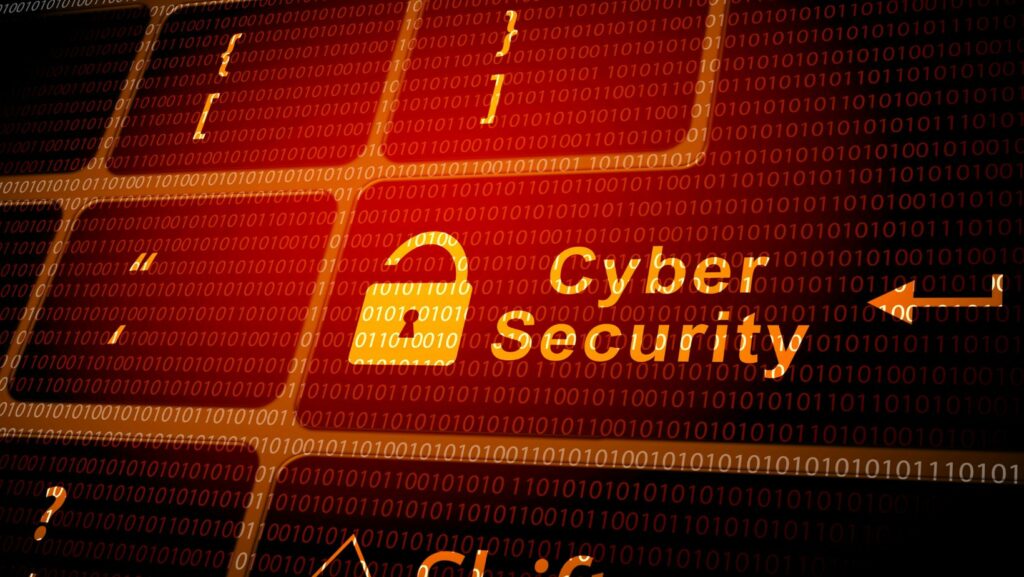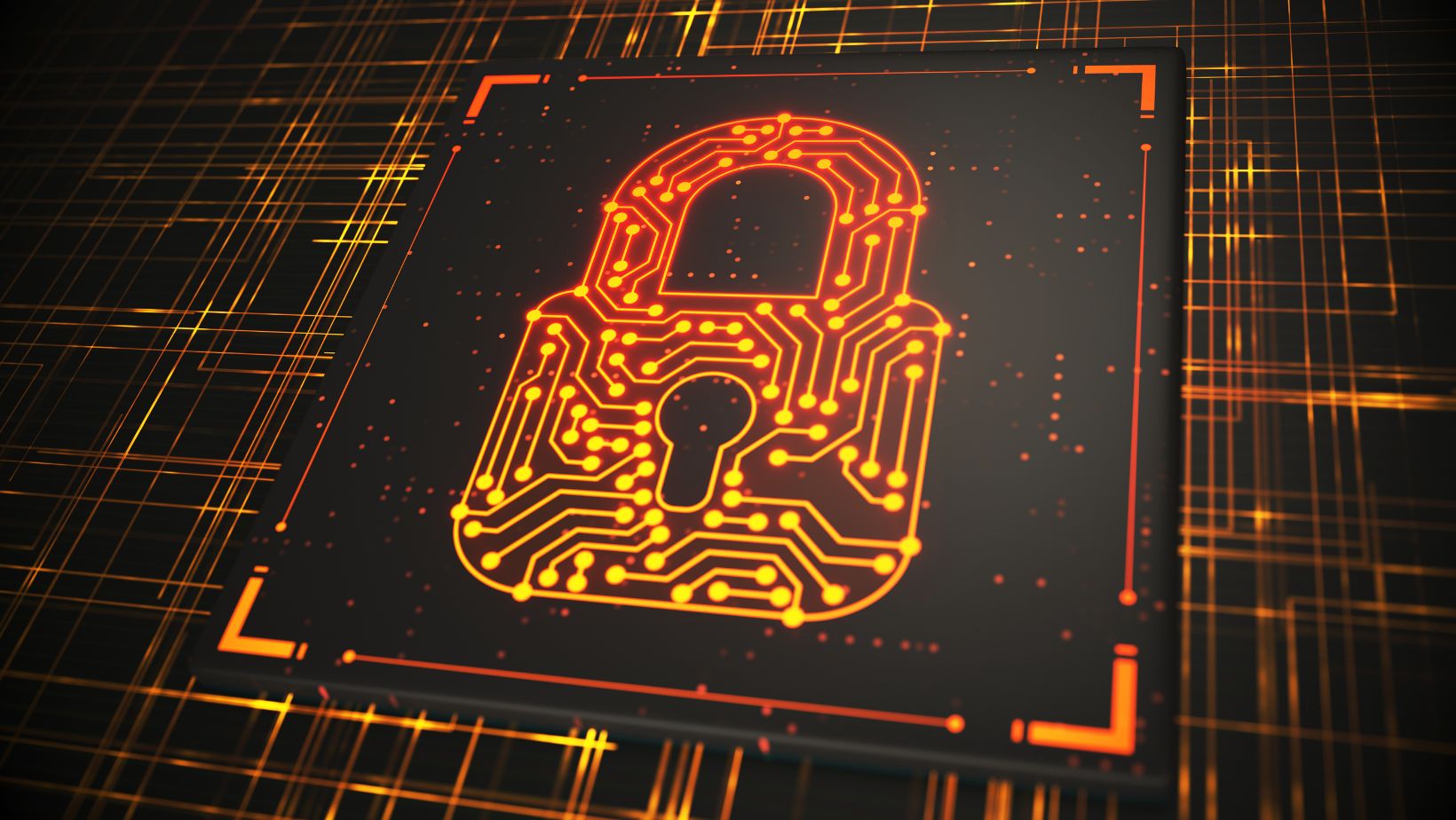
The Key to Effective Cyber Security is a Team Effort
Security is a Team Effort
When it comes to security, it’s crucial to remember that it is a team effort. As an expert in the field, I have seen time and time again how a strong security culture can make all the difference in protecting valuable assets. In this article, I’ll delve into the importance of collaboration and communication among team members when it comes to securing sensitive data and preventing cyber threats.
In today’s digital landscape, no one can afford to overlook the importance of security. As I’ve learned through my years of experience, it’s not just the responsibility of the IT department or the security team to keep data safe. Every individual within an organization plays a crucial role in maintaining a secure environment. In this article, I’ll explore the various ways in which each team member can contribute to the overall security posture and create a robust defense against potential threats.
Roles and Responsibilities
The Role of Management
As I mentioned earlier, security is a team effort, and this includes the involvement of management. Management plays a crucial role in setting the tone for security within an organization. They are responsible for creating a culture that values security and prioritizes it as an integral part of the company’s operations.
One of the key responsibilities of management is to establish clear security policies and procedures. These policies should outline the expectations for employees regarding security practices and provide guidelines for handling sensitive data. By implementing these policies, management sets a standard for security that every employee should follow.
In addition to policy creation, management should also allocate resources and budget for security measures. This ensures that the necessary tools, technologies, and training programs are in place to protect sensitive information. By investing in security, management demonstrates their commitment to safeguarding the organization’s data and assets.
The Role of Employees
While management sets the foundation for security, every employee has a vital role to play in maintaining a secure environment. Employees are the first line of defense against cyber threats and are often targeted by attackers through methods such as phishing and social engineering.
One of the primary responsibilities of employees is to be vigilant and aware of potential security risks. This includes being cautious when opening emails or clicking on links, as well as reporting any suspicious activity to the appropriate channels. By being proactive, employees can help prevent security incidents and protect sensitive data.

Collaboration and Communication
In the realm of cybersecurity, it’s crucial to understand that security is a team effort. No single person or department can be solely responsible for protecting sensitive data and preventing cyber threats. It requires collaboration and communication among all team members. By working together, we can create a more secure environment and effectively mitigate risks.
Sharing Information
One of the key aspects of collaboration in cybersecurity is Sharing Information. This involves open and transparent communication among team members regarding potential risks, vulnerabilities, and incidents. By sharing information, we can proactively identify and address security issues before they escalate.
When team members share information, it helps to establish a collective understanding of the current threat landscape. This enables us to identify patterns and trends, allowing us to take timely actions to prevent potential attacks. Additionally, sharing information promotes a culture of trust and accountability within the organization, where everyone feels comfortable reporting security incidents or suspicious activities.
Building Relationships
Building strong relationships among team members is another essential aspect of collaboration in cybersecurity. When individuals trust and respect one another, they are more likely to work together effectively and share information openly. Moreover, strong relationships foster a sense of collective responsibility for the organization’s security.
To build relationships, it’s important to foster a positive and inclusive work environment. Encouraging open and respectful communication, promoting teamwork, and recognizing individual contributions can help strengthen relationships among team members. Additionally, team-building activities, such as workshops or social events, can provide opportunities for team members to connect on a personal level and build rapport.





